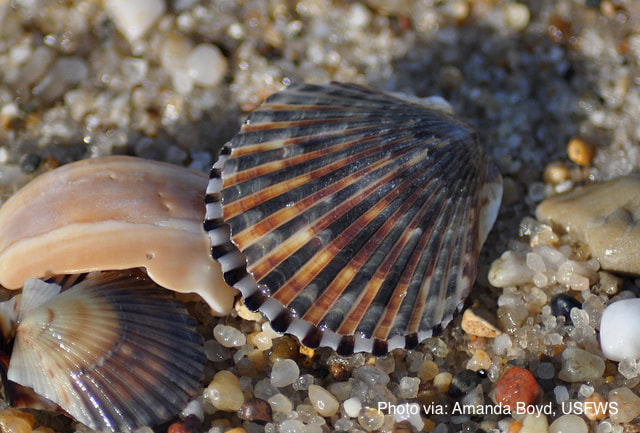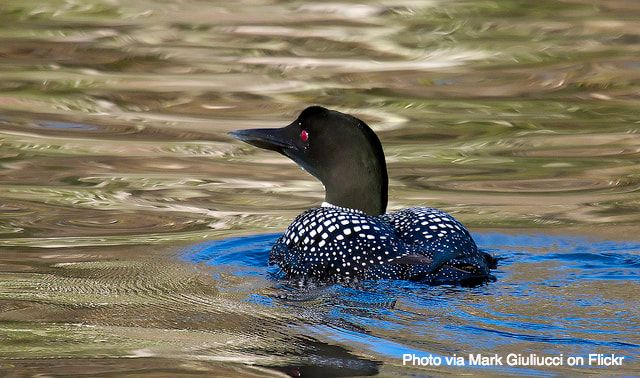|
The Department of Justice has fined another polluter for intentionally discharging oil from its vessels, this time off the shores of Massachusetts!
Two New Bedford fishing companies, Challenge Fisheries and Quinn Fisheries, have agreed to pay $414,000 and perform compliance measures and fleet wide improvements. The penalties were in response to a complaint filed by the US Coast Guard alleging that the companies released approximately 4,200 gallons of oil into the waters of New Bedford Harbor, when the fishing vessel Challenge sank on Aug. 16, 2017. The Coast Guard complaint alleges the ship's owners had emptied diesel fuel into the harbor after returning from a fishing trip, but failed to turn off the bilge pump, which caused the ship to sink after a valve failed. At least 17 ducks were oiled and five died, the complaint noted. Before the Challenge sank, according to the complaint, the defendants routinely “on a daily or near-daily basis” pumped oily mixtures out of the engine room bilge and into New Bedford Harbor and other U.S. waters. The companies also violated the Clean Water Act by failing to provide sufficient capacity to retain all oily bilge water onboard the vessel. The complaint alleges that the defendants discharged engine room bilge, which contains a mixture of fuel, lubricating oils, water, and other wastes, into the ocean and New Bedford Harbor rather than retain the waste onboard in order to extend the duration of their fishing trips while harvesting scallops at sea. “Today’s action sends a clear message to the commercial fishing fleet that Clean Water Act compliance must be a non-negotiable part of operations," said Acting Assistant Attorney General Jeffrey H. Wood, for the Justice Department’s Environment and Natural Resources Division. "We appreciate our partners at the U.S. Coast Guard for their diligent investigation and referral of these violations.” “This enforcement action will help protect people and the environment in and around New Bedford Harbor from the effects of oil pollution, and other fishing vessel owners and operators should take note,” said Andrew E. Lelling, U.S. Attorney for the District of Massachusetts. So often when we write about these crimes, we describe them as being far out at sea, and extremely difficult to enforce. This case in New Bedford Harbor goes to show that intentional oil pollution can happen close to home, right on top of Massachusetts' marine food sources and valuable ecosystems. To learn more about the case, read the Justice Department’s press release regarding the settlement. What do the loons of Minnesota have to do with the BP oil spill in the Gulf of Mexico? While it may seem like a "loony" question because the two places are so far apart, there is potential for some of an $18 billion fund that was created in the wake of the spill to be used for the protection of loon habitat in Minnesota.
The connection between the iconic black and white birds and the gulf oil spill is that some 85% of Minnesota's loons migrate to the gulf each year. When the spill happened in 2010, it killed hundreds of loons immediately, and exposure to chemicals may have impacted many more over the following months. Given this connection, the Minnesota Department of Natural Resources (DNR) has applied for some of the fund to be used for the loons. The funds requested by the state of Minnesota would total about $7.5 million, and would be used to improve and grow loon habitat. They would also create a media campaign to raise awareness about the dangers of lead fishing tackle, which is one of the greatest causes of death among the birds. The money would be spent over the course of 15 years, and much of it would go toward preserving shoreline habitat where the loons breed. When development comes too close to loon nesting grounds, research has shown that they simply stop breeding. The project in Minnesota is one of three that is being recommended for funding by the governmental committee that oversees the BP fund. The other projects include one spanning North and South Dakota for the restoration of black tern habitat, and a proposal to restore sturgeon habitat in the Gulf Coast. The argument is that the impact of the spill, even after eight years, continues to echo through the ecosystem -- and it goes to show that just because oil is no longer visible to the human eye, that it continues to have extremely long-lasting effects. If you’d like to learn more about the loon restoration project, it’s open for public comment on the National Park Service website. |
Details
AuthorMarine Defenders is an educational program designed to reduce chronic oil pollution. Archives
February 2019
Categories
All
|


 RSS Feed
RSS Feed